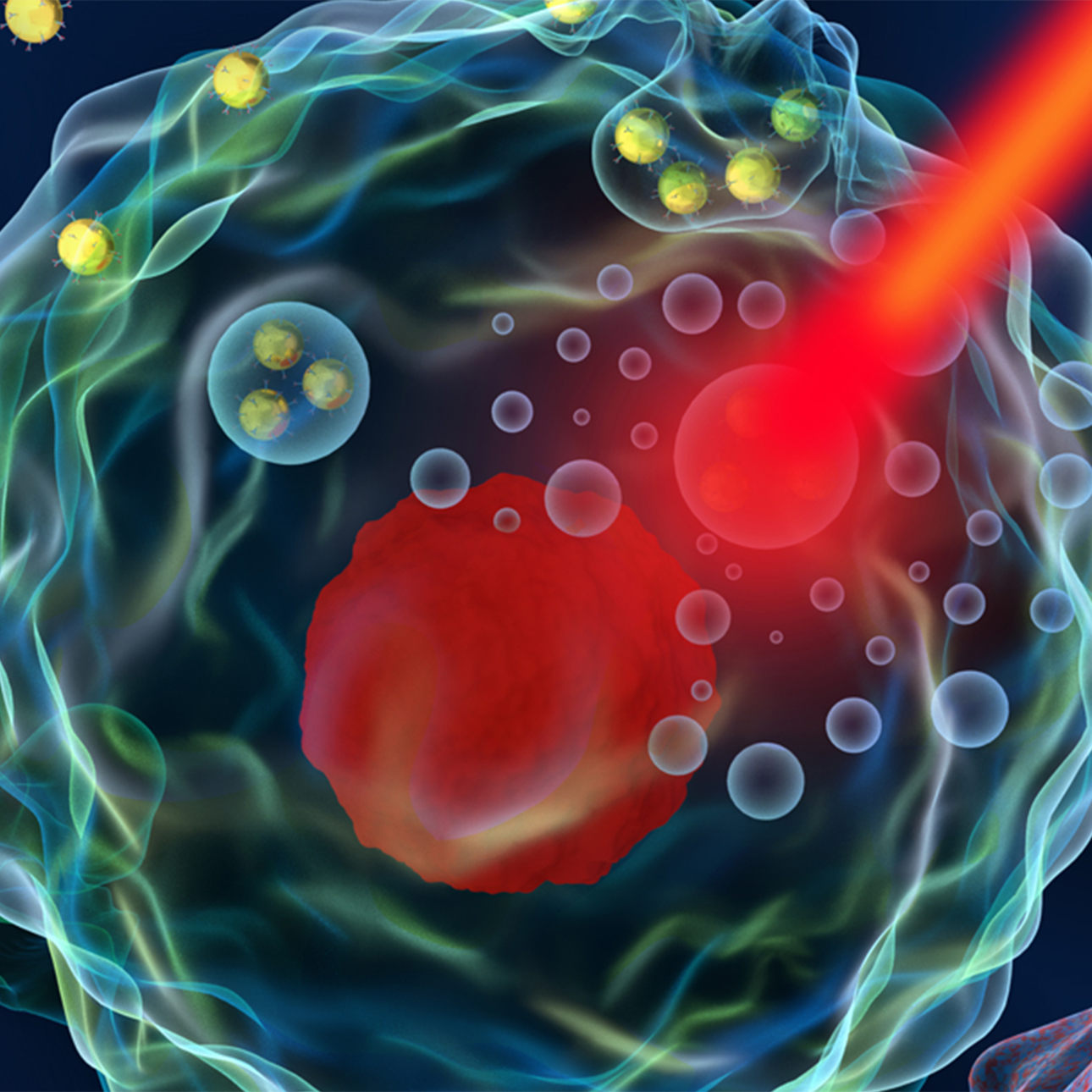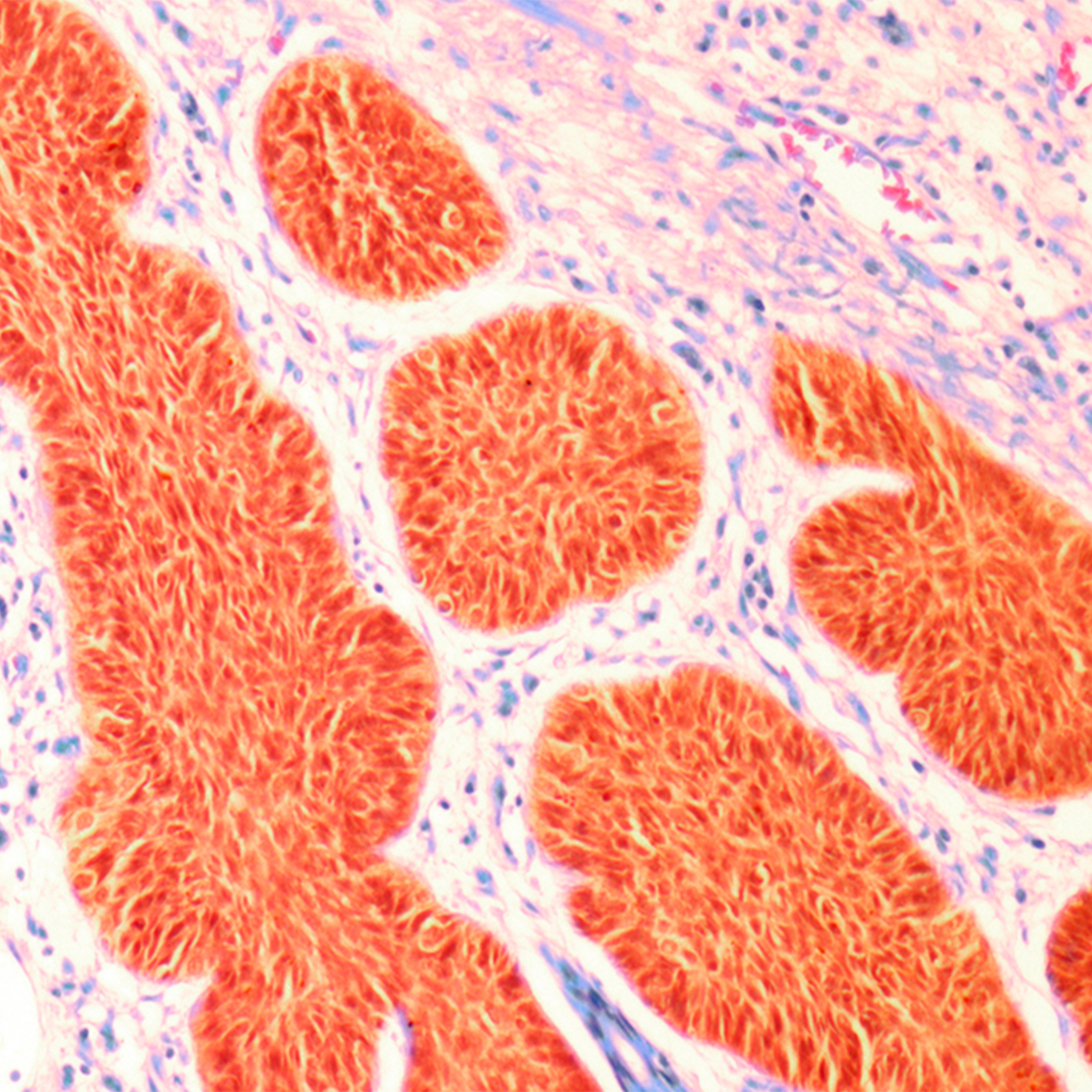
Melanoma
Treatments
Surgery to remove melanoma is the standard initial treatment. It is necessary to remove not only the tumor but also some normal tissue around it, called the margin, to reduce the chance that any cancer remains. The width and depth of surrounding skin to be removed depends on the thickness of the melanoma and how deeply it has invaded the skin.
Surgery
When the melanoma is very thin, the biopsy may remove all the cancerous tissue and no additional surgery may be necessary. For thick melanomas, it may be necessary to take out a larger margin of tissue. Deeper melanomas have a higher chance of spreading to the lymph nodes. For these cases, a sentinel lymph node biopsy may be performed to determine if the cancer has spread.
Surgery alone may not effectively control melanoma that has spread to other parts of the body. Your doctor may use other methods of treatment, such as chemotherapy, biological therapy or immunotherapy, radiation therapy or a combination of these methods.
Chemotherapy
Chemotherapy is the use of drugs to kill cancer cells. It is generally a systemic therapy, meaning that it can affect cancer cells throughout the body. In chemotherapy, one or more anticancer drugs are given orally or by injection into a blood vessel.
Chemotherapy usually is given in cycles — a treatment period followed by a recovery period, then another treatment period, and so on. Chemotherapy can be administered in a clinic, doctor's office, hospital or at home. Depending on the drugs given and your general health, a short hospital stay may be needed.
Biological Therapy
Biological therapy, also called immunotherapy, is a form of treatment that uses the body's immune system, either directly or indirectly, to fight cancer or to lessen side effects caused by some cancer treatments. Biological therapy also is a systemic therapy and involves the use of substances called biological response modifiers (BRMs). The body normally produces these substances in small amounts in response to infection and disease. Using modern laboratory techniques, scientists can produce BRMs in large amounts for use in cancer treatment.
In some cases, biological therapy given after surgery can help prevent melanoma from recurring. For patients with metastatic melanoma or a high risk of recurrence, interferon-alfa and interleukin-2 may be recommended after surgery. Colony-stimulating factors and tumor vaccines are examples of other BRMs under study.
Radiation Therapy
In some cases, radiation therapy, also called radiotherapy, is used to relieve some of the symptoms caused by melanoma. Radiation therapy is the use of high-energy rays to kill cancer cells. Radiation therapy is a local therapy that affects cells only in the treated area. Radiation therapy is most commonly used to help control melanoma that has spread to the brain or bones, and other parts of the body.
UCSF Health medical specialists have reviewed this information. It is for educational purposes only and is not intended to replace the advice of your doctor or other health care provider. We encourage you to discuss any questions or concerns you may have with your provider.
Treatments we specialize in
-

Hyperthermia (HT)
Heat is used to kill small cancer tumors and to enhance the effectiveness of radiation and chemotherapy.
Learn more -

Mohs Micrographic Surgery
A specialized technique to treat complex skin cancers has the highest rate of recovery while removing the smallest amount of healthy tissue.
Learn more























